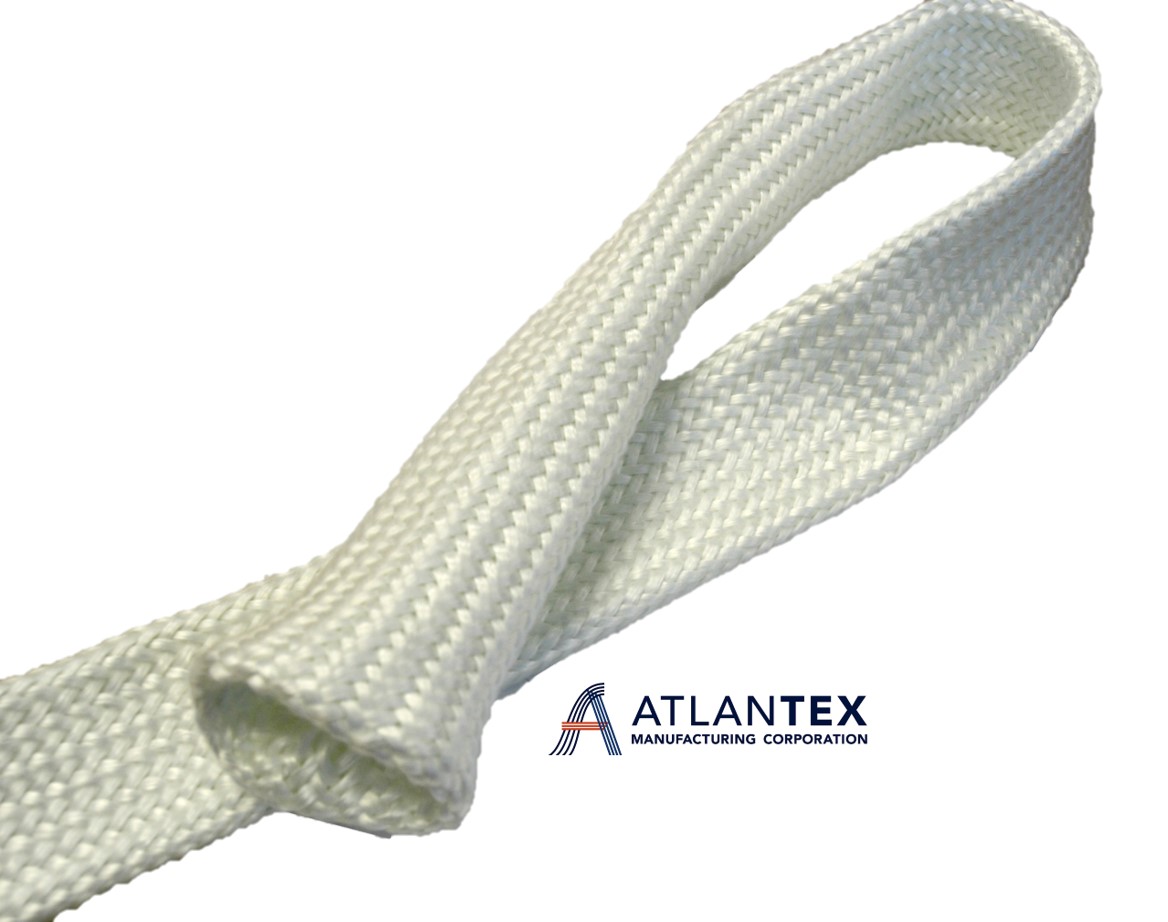9 Advantages of Fiberglass Textile Fibers
1. Superior Physical Properties
Fiberglass textile fibers have a high strength-to-weight (mass) ratio. On a pound for pound (kilogram to kilogram) basis, Fiberglass yarns are twice as strong as steel wire.
2. High Heat Resistance
Inorganic Fiberglass fibers will not burn or smoulder. They perform well in applications where high temperatures must be tolerated. Fiberglass yarns retain 50% of tensile strength at 650°F (340°C).
3. Outstanding Dimensional Stability
Fiberglass textile fibers will not stretch or shrink as a result of changes in atmospheric conditions. The maximum single filament elongation is 4.8%.
4. Excellent Moisture Resistance
Being non-cellular and also cylindrical in form, Fiberglass textile fibers will not absorb water. Water will stick to the surface, but the fibers are readily dried.
5. High Thermal Conductivity
Fiberglass textile fiber materials dissipate heat more rapidly than asbestos and organic textile fibers.
6. Reduced Space Factor
Less Fiberglass reinforcement is needed for equivalent tensile strength provided by other reinforcing materials.
7. Chemical Resistance
Like glass itself, Fiberglass textile fibers are highly resistant to attack by most chemicals.
8. Permits Improved Impregnation Techniques
The high heat resistance of Fiberglass textile fibers enables use of higher baking and curing temperatures. Result: more efficient manufacturing operations and improved product performance.
9. Excellent Electrical Characteristics
Fiberglass textile fibers withstand high temperatures and won’t absorb moisture – prime requisites to good electrical characteristics. No other textile material offers all these features.

